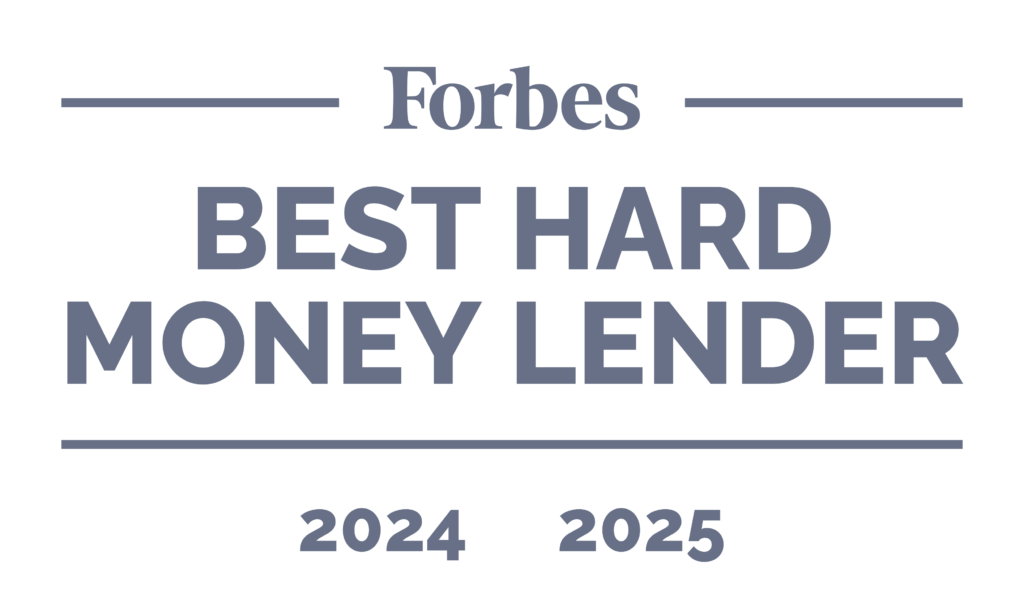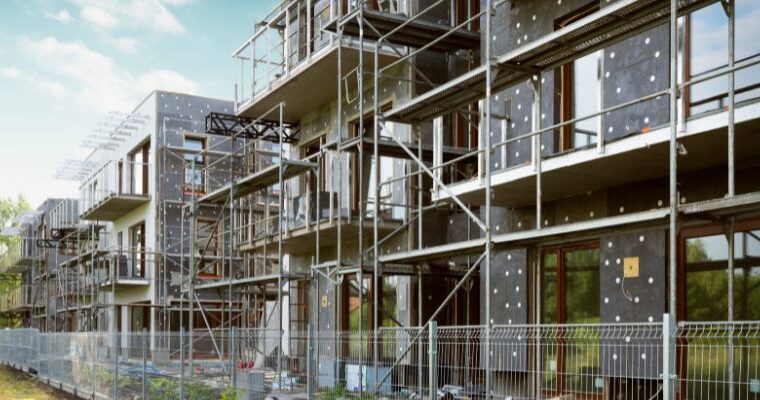There are a number of different ways to approach real estate investing ranging from renovating and reselling properties, acquiring multi-family rental units, or managing commercial real estate assets. With housing inventory levels hovering around historic lows in a majority of the real estate markets across the country, investing in new construction projects is a great option for real estate investors looking to add to their investment portfolio while sidestepping the increasing competition for available properties and catering to the rampant demand from buyers for new housing choices.
With that being said, obtaining financing for a new construction property from a traditional mortgage provider is no small feat, particularly if you have limited experience with the process. Locking in a traditional construction loan from a conventional lender is a meticulous and lengthy endeavor, with the bank’s underwriters closely examining every minutia of the details and construction costs. This time-consuming process may well result in delays in the planned construction project. A private money, or ‘hard money,’ loan is an ideal alternate funding approach for real estate investment strategies in which time is of the essence.
What is a Hard Money Loan?
A hard money loan is a type of short-term financing that is used for construction projects. It is secured by the property being built, and typically has a higher interest rate than traditional bank loans. Hard money loans are typically used when other forms of financing are not available, such as when a borrower has bad credit or when the construction project needs to be completed quickly. They provide quick access to funds and can be used for a wide range of investments and property types, such as residential or commercial real estate construction projects, renovations, land development, and more.
A key benefit of partnering with a reputable hard money lender is that they inherently have a greater degree of flexibility when it comes to lending parameters as opposed to traditional banks. This is certainly applicable when it comes to financing new commercial properties or other construction projects, which are steadily trending upwards as the building sector continues its recovery from the pandemic-induced shutdown. Private money lenders can offer funding products that can be used to cover the costs associated with all stages of a construction project, from buying the property itself to paying for building materials.
Hard money lenders can also provide bridge loans that allow investors to transition to longer-term financing after the construction phase is completed. Bridge loans are a type of short-term loan that help contractors keep construction projects on track financially. These loans are often used to bridge the gap between an existing loan expiring and getting the necessary funding in place for a new project. Bridge loans provide stability by supplying money quickly, allowing contractors to stay on schedule and complete their construction projects without any delays from financing issues.
Using Hard Money for Construction Projects: Key Advantages
For investors weighing their financing options for upcoming construction projects, here are some of the main benefits of leveraging the unique flexibility and efficiency of hard money loans:
Mitigate Delays
Hard money loans can be underwritten and closed efficiently oftentimes in less than a week as opposed to traditional loans where the process can take weeks or even months. Regardless of whether you plan to use private money to fund the entire build or need an infusion of capital at a pivotal stage of the real estate project, getting the money you need when you need it is one of the hallmarks of private money that makes it an extremely attractive option for real estate investors.
Underwriting Flexibility
Traditional lenders are constrained by federal and state regulatory guidelines which limits the extent to which they can work with experienced investors to get potentially lucrative deals across the finish line. That’s where a private money loan comes into play. Asset based lenders premise their decision-making on the inherent value of the underlying real estate asset and the specifics of the proposed deal, thus they are likely to offer more flexible terms.
Less Arduous Underwriting
Qualifying for a conventional construction loan involves mountains of paperwork and a similarly epic time commitment. For investors with a less than ideal credit score or lack of proof of income, working with a traditional funding institution may be off the table entirely. The good news is that private lenders are more interested in the equity that you bring to the table and the potential upside of your proposed real estate project
Get on Track, Stay on Track
When it comes to a new construction project, time is one of the most important elements of success. When you partner with Express Capital Financing, you can rest assured that you will have access to the capital you need when you need it. Our team of experts has years of experience assisting successful investors maximize their returns and scale their businesses. Contact us today to learn about how we can do the same for you!
FAQ
Qualifying for a hard money construction loan depends on the lender and their requirements. Generally, asset based lenders will look at factors such as the borrower’s credit score, property value, and experience in construction. private lender, we prioritize your track record and project viability over a high credit score. Partner with us for a collaborative and quick financing experience, gaining a strategic advantage in the dynamic world of house flipping.
The answer is that it depends. Generally, most hard money lenders will require a down payment of either 10-30% of the total loan amount. However, there are some lenders who may be willing to waive the requirement for a down payment in certain situations. It all depends on the lender and their individual loan terms. wanting quick profits. In contrast, buy and hold entails acquiring properties for long-term leasing, offering steady income over time. It requires a more significant initial investment but promises consistent returns through rentals, making it suitable for those looking to build wealth steadily. Each strategy has its advantages and considerations, so the choice depends on your financial capacity and investment objectives.
The process typically starts with the borrower submitting a loan application and supporting documents to the lender. Following the application process, the lender will decide if they can approve the loan. If approved, they will provide a term sheet detailing the conditions of the loan and then provide funding for the project in either one lump sum or in installments as needed throughout construction. Once construction is completed, the borrower repays the full loan amount plus interest and fees according to their repayment schedule.
To help with all of these questions and more, we've put together this handy guide on evaluating fix and flip properties.
Yes, there are other types of financing for investors available outside of hard money loans. Other than traditional construction loans, additional options include Small Business Administration (SBA) loans, line-of-credit loans, grants, and tax credits. Depending on the project, these may be preferable to hard money loans in some cases.






